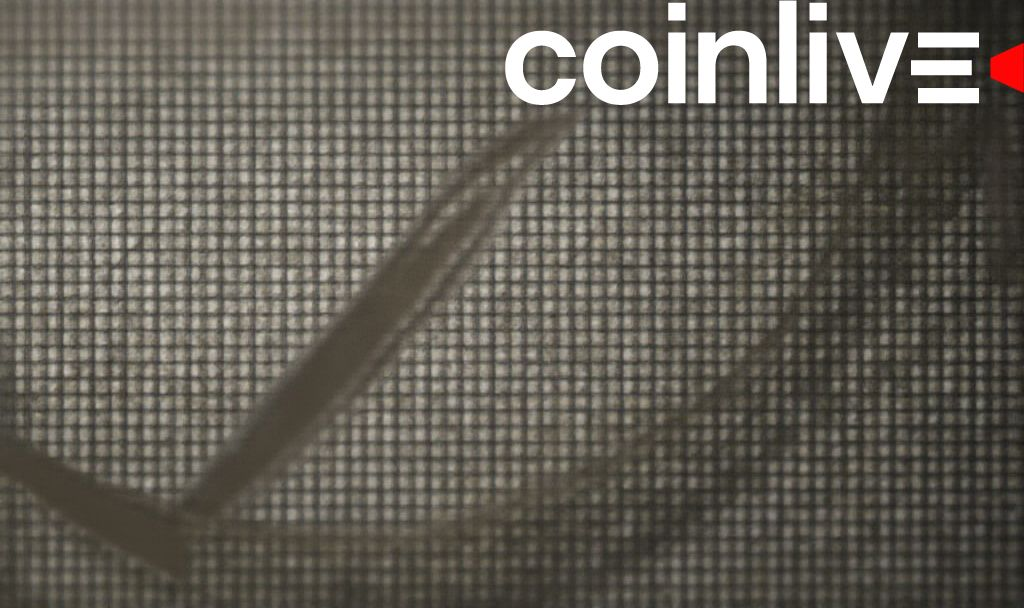- Nigerian investors affected by CBEX Ponzi scheme.
- EFCC leading the investigation.
- No impact on major crypto prices.

CBEX, misrepresented as “China Beijing Equity Exchange,” has defrauded Nigerian investors, sparking an investigation by the Economic and Financial Crimes Commission (EFCC). The organization remains anonymous, leaving investors uncertain.
EFCC’s proactive measures against CBEX highlight broader efforts to protect investors from fraudulent platforms. Immediate market effects were negligible due to limited asset involvement.
The CBEX Ponzi scheme presented itself as a legitimate financial exchange but investigations revealed it as fraudulent. The Economic and Financial Crimes Commission (EFCC) is spearheading efforts to uncover the scheme’s operators.
The scheme was linked to embellished promises of returns, yet no official statements from CBEX leadership were found. EFCC spokesperson Dele Oyewale has been vocal, urging caution among potential investors.
The immediate impact on individual investors was significant, with some suffering financial losses. However, major cryptocurrencies such as Bitcoin and Ethereum remained stable, reflecting limited broader market damage.
Efforts to involve global law enforcement highlight the challenge of cross-border financial fraud. The Economic and Financial Crimes Commission (EFCC) continues to work with INTERPOL for further investigation.
Despite the scheme’s collapse, cryptocurrency market stability remains intact. No significant downturn was associated with the Ponzi operation.
The event potentially raises awareness about investment verification in emerging markets. Historical trends show fraud persistence, underscoring the need for enhanced regulatory frameworks. The CBEX incident may prompt stronger global anti-fraud collaborations.
“In March 2024, the EFCC Chairman, Mr. Ola Olukoyede, directed us to publish a list of 58 Ponzi scheme operators to warn the public. That shows we’ve been proactive. We had already been monitoring CBEX, and we’ve continuously advised Nigerians to stay away from such deceptive platforms.” — Dele Oyewale, Spokesperson, EFCC






